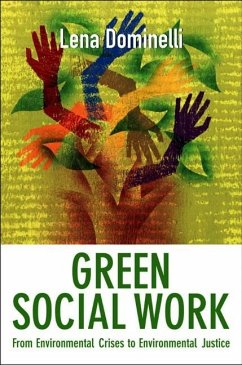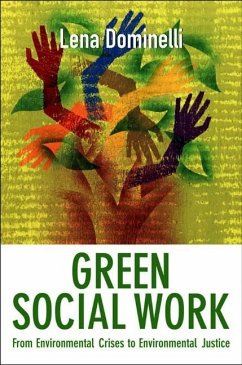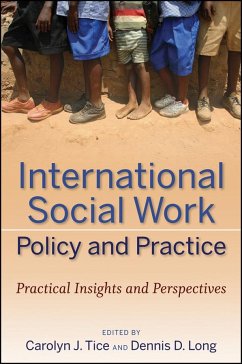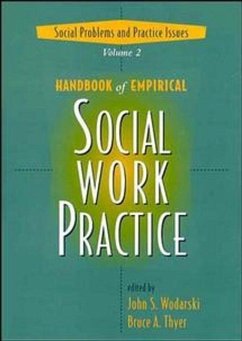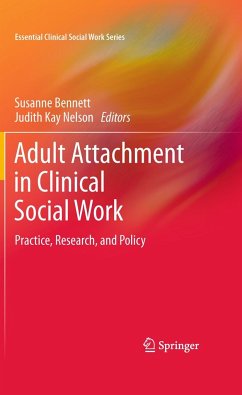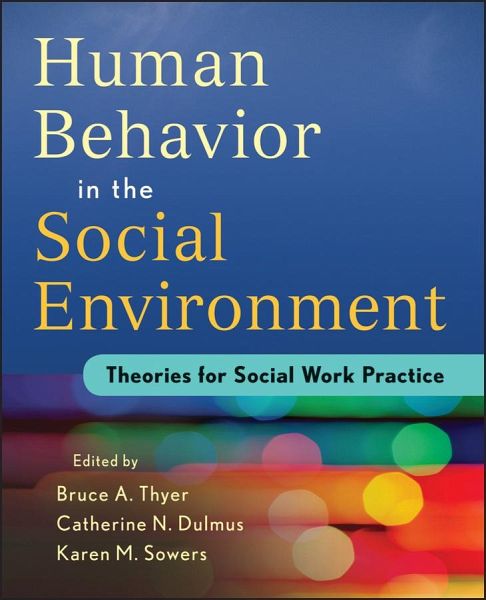
Human Behavior in the Social Environment
Theories for Social Work Practice
Versandkostenfrei!
Versandfertig in über 4 Wochen
52,99 €
inkl. MwSt.
Weitere Ausgaben:

PAYBACK Punkte
26 °P sammeln!
Human Behavior in the Social Environment (HBSE) is a critical course for social work students because it introduces them to the very specific person-in-environment, biopsychosocial perspective that sets social work apart from other helping professions. Authored by the foremost scholars in the field, this book takes a theoretical approach to human behavior in the social environment and covers all the major theories-from cognitive behavioral to family systems to psychosocial. Aligned with social work accreditation standards (EPAS), this book provides social work students with thorough coverage o...
Human Behavior in the Social Environment (HBSE) is a critical course for social work students because it introduces them to the very specific person-in-environment, biopsychosocial perspective that sets social work apart from other helping professions. Authored by the foremost scholars in the field, this book takes a theoretical approach to human behavior in the social environment and covers all the major theories-from cognitive behavioral to family systems to psychosocial. Aligned with social work accreditation standards (EPAS), this book provides social work students with thorough coverage of human behavior at every level of interaction.



